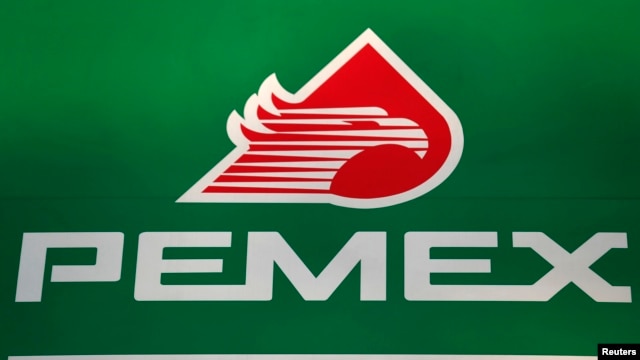Another case of government strangling private enterprise. All it needs is the least reason to stick a toe in before it fully enters and establishes rules and regulations written by nameless and unaccountable bureaucrats.
Read more @ US reportedly relaxing ban on crude oil exports | Al Jazeera America with a link to the WSJ that wants you to subscribe first.
OBAMA EXECUTIVE ORDER ALLOWS U.S. CRUDE OIL EXPORTS FOR FIRST TIME IN DECADES @ Obama Executive Order Allows U.S. Crude Oil Exports for First Time in Decades
Last month, U.S. Energy Secretary Ernest Moniz said at a press briefing in South Korea that overseas sales of crude oil might soon be allowed because domestic stockpiles have hit record highs above and beyond refinery capacity in the states.
We are producing record amounts of gas and oil and they just now are deciding this? Uh, maybe they might approve it. Don't cross your fingers.
Read more @ US reportedly relaxing ban on crude oil exports | Al Jazeera America with a link to the WSJ that wants you to subscribe first.
OBAMA EXECUTIVE ORDER ALLOWS U.S. CRUDE OIL EXPORTS FOR FIRST TIME IN DECADES @ Obama Executive Order Allows U.S. Crude Oil Exports for First Time in Decades





